Green Chemistry Education in the News:
Select a Category
Guidance Document to Green Chemistry
The Center for Green Chemistry and Green Engineering at Yale, together with the UNIDO Global Green Chemistry Initiative created a descriptive and informative guide with reasons and means in which industries and governments can apply Green Chemistry. In this roadmap, you can find a background on Green Chemistry and its importance, instructions for its implementation, references, technical information, and case studies. The Yale-UNIDO Guide to Green Chemistry can be accessed at: https://www.global-green-chemistry-initiative.com/guidance-document
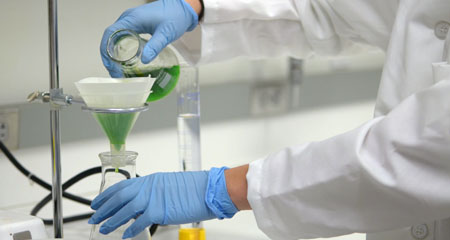
Guidance Document to Green Chemistry
September 1, 2020
The Center for Green Chemistry and Green Engineering at Yale, together with the UNIDO Global Green Chemistry Initiative created a descriptive and informative guide with reasons and means in which […]
Categories: Green Chemistry Education, Higher-Ed
Student Reflections on Interning at Beyond Benign
Over this summer, we have had hundreds of High School and Middle School students tour through our facilities and learn about Green Chemistry. None of this would have been possible without the hard work and passion of our summer interns, Madi Morin, Sunatib Choundry, and Rahul Reddy Alla. Find out below what it’s like to intern in Green Chemistry education.
Beyond Benign and Education First STEM Tour Reflection, by Madi Morin

“Over the past two months, it has been a privilege to help lead the Beyond Benign stop of the Education First STEM tours. With hundreds of students of various ages passing through, I have been able to gain experience in both the fields of science and education. My limited knowledge and lens of viewing chemistry has expanded to imagine the possibilities of it blurring socio-economic lines, entering the industries of business, cosmetology, athletics, and apparel, and understanding the practicalities of inventing products that are benign at the molecular level versus the unnecessary “reality” of chemistry containing hazardous materials. I have been provided the space and time to reflect on how this booming industry can continue to grow and what my role looks like within it. This opportunity has knocked down my stereotypes of scientists in labs being limited in their interpersonal development and of research and chemical reactions being a linear process. My understanding of communication and collaboration has grown as I see the scientists at WBI working across multiple different disciplines and my appreciation for innovative and logical thinking has expanded when I see how instrumental creativity is in developing new products. Thank you for providing me with both the resources to be set up to succeed and the freedom to make changes and confidently own the fieldtrips. I have been challenged to strengthen my foundation in green chemistry so that I am able to communicate the message to middle schoolers, high schoolers, special education students, and even pupils speaking a different language. Thank you again, it has been a phenomenal experience!”

Student Reflections on Interning at Beyond Benign
August 27, 2020
Over this summer, we have had hundreds of High School and Middle School students tour through our facilities and learn about Green Chemistry. None of this would have been possible […]
Categories: Green Chemistry Education, Higher-Ed, K-12
Approaches to Incorporating Green Chemistry and Safety into Laboratory Culture
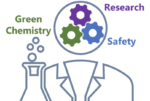 We are all aware of the importance of implementing Green Chemistry and safety into our laboratory culture and practices, but where do we start? In our latest publication with Natalie O’Neil, Star Scott, Rachael Relph, and Ettigounder Ponnusamy at the Journal of Chemical Education, you can learn more about our Guide to Green Chemistry Experiment for Undergraduate Organic Laboratories and how this approach helps the Green Chemistry incorporation process. This publication and the guide were created in partnership with My Green Lab and Millipore Sigma. https://pubs.acs.org/doi/full/10.1021/acs.jchemed.0c00134
We are all aware of the importance of implementing Green Chemistry and safety into our laboratory culture and practices, but where do we start? In our latest publication with Natalie O’Neil, Star Scott, Rachael Relph, and Ettigounder Ponnusamy at the Journal of Chemical Education, you can learn more about our Guide to Green Chemistry Experiment for Undergraduate Organic Laboratories and how this approach helps the Green Chemistry incorporation process. This publication and the guide were created in partnership with My Green Lab and Millipore Sigma. https://pubs.acs.org/doi/full/10.1021/acs.jchemed.0c00134

Approaches to Incorporating Green Chemistry and Safety into Laboratory Culture
August 26, 2020
We are all aware of the importance of implementing Green Chemistry and safety into our laboratory culture and practices, but where do we start? In our latest publication with Natalie […]
Categories: Green Chemistry Education, Higher-Ed
Kevin Szkop and the Green Chemistry Commitment
 “The reason for wanting to work with Beyond Benign on the Green Chemistry Commitment was to critically analyze the program to see how we could increase participation and improve the signer experience. My experience with the Green Chemistry Initiative at the University of Toronto was instrumental in sparking my passion for Green Chemistry education and outreach. The GCI performed a department-wide audit of the Green Chemistry material offered in undergraduate courses. I wanted to expand these efforts to the greater chemistry community, and Beyond Benign was the perfect partnership to do so.
“The reason for wanting to work with Beyond Benign on the Green Chemistry Commitment was to critically analyze the program to see how we could increase participation and improve the signer experience. My experience with the Green Chemistry Initiative at the University of Toronto was instrumental in sparking my passion for Green Chemistry education and outreach. The GCI performed a department-wide audit of the Green Chemistry material offered in undergraduate courses. I wanted to expand these efforts to the greater chemistry community, and Beyond Benign was the perfect partnership to do so. 
Kevin Szkop and the Green Chemistry Commitment
August 25, 2020
From November of 2019 to June of this year, we were very grateful for having Kevin Szkop on our team as the inaugural Higher Education Fellow. Kevin is a recent […]
Categories: Green Chemistry Education, Higher-Ed
Green Chemistry Invention Classroom Prize Winner
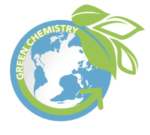
The winner of our Green Chemistry Invention Classroom Prize Contest is Erin Mayer, from Casey Middle School (Boulder, CO)! Special thanks to the Lemelson-MIT Program and The Lemelson Foundation for their partnership and support to make this happen.
Erin earned a JV InvenTeams Green Chemistry Guide Kit for her submission. In her words, “Invention, design and innovation play a critical role in Green Chemistry. This is always what I want my students to do, apply their scientific understanding to address problems that they see.”
To understand more about how Erin envisions sustainable invention with Green Chemistry impacting her students learning, please access: https://bit.ly/inventingreen

Green Chemistry Invention Classroom Prize Winner
August 10, 2020
The winner of our Green Chemistry Invention Classroom Prize Contest is Erin Mayer, from Casey Middle School (Boulder, CO)! Special thanks to the Lemelson-MIT Program and The Lemelson Foundation for […]
Categories: Green Chemistry Education, K-12
Making Tomorrow: John Warner and Zymergen
 “Zymergen was founded on the belief that we can partner with nature to create better things a better way. I share that belief and am excited to advance our cause – and products – together”. – John Warner
“Zymergen was founded on the belief that we can partner with nature to create better things a better way. I share that belief and am excited to advance our cause – and products – together”. – John Warner
Our Co-Founder and Director of Science and Innovation John Warner is now part of the Zymergen team! If you are wondering what to expect from this partnership, check out John’s blog post “Making Tomorrow” on Zymergen’s website: https://www.zymergen.com/blog/company/making-tomorrow/

Making Tomorrow: John Warner and Zymergen
July 31, 2020
“Zymergen was founded on the belief that we can partner with nature to create better things a better way. I share that belief and am excited to advance our cause […]
Categories: Press Releases
Cultivating a Greener Future with Opportunities to Engage in Green Chemistry: As Told by Co-Fellows
The fields of chemistry and toxicology are converging, leading to new opportunities in green chemistry and stoking important conversations – read more about these conversations from our Higher Education Program Manager, Natalie O’Neil, and her co-fellow Andrea R. Hindman from the Advancing Green Chemistry Fellowship.
See page 5 of the Newsletter for the Society of Toxicology (SOT) Postdoctoral Assembly to learn more and visit the Postdoctoral Members – Society of Toxicology page for more resources.
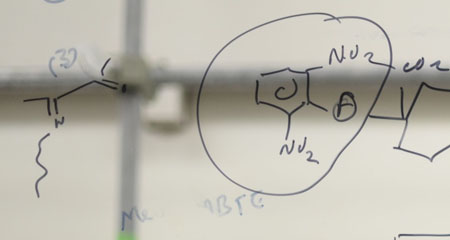
Cultivating a Greener Future with Opportunities to Engage in Green Chemistry: As Told by Co-Fellows
July 29, 2020
The fields of chemistry and toxicology are converging, leading to new opportunities in green chemistry and stoking important conversations – read more about these conversations from our Higher Education Program […]
Categories: Green Chemistry Education, Higher-Ed
Career Talk with Janie Butler – Green Chemistry
Our very own K-12 Program Manager, Janie Butler, spoke with enthusiastic students about how she came to work in the field of green chemistry, and how they can join her in the effort to add sustainability into chemistry. Read more here: https://site.corsizio.com/c/5f0247da42f83703617bcfa4
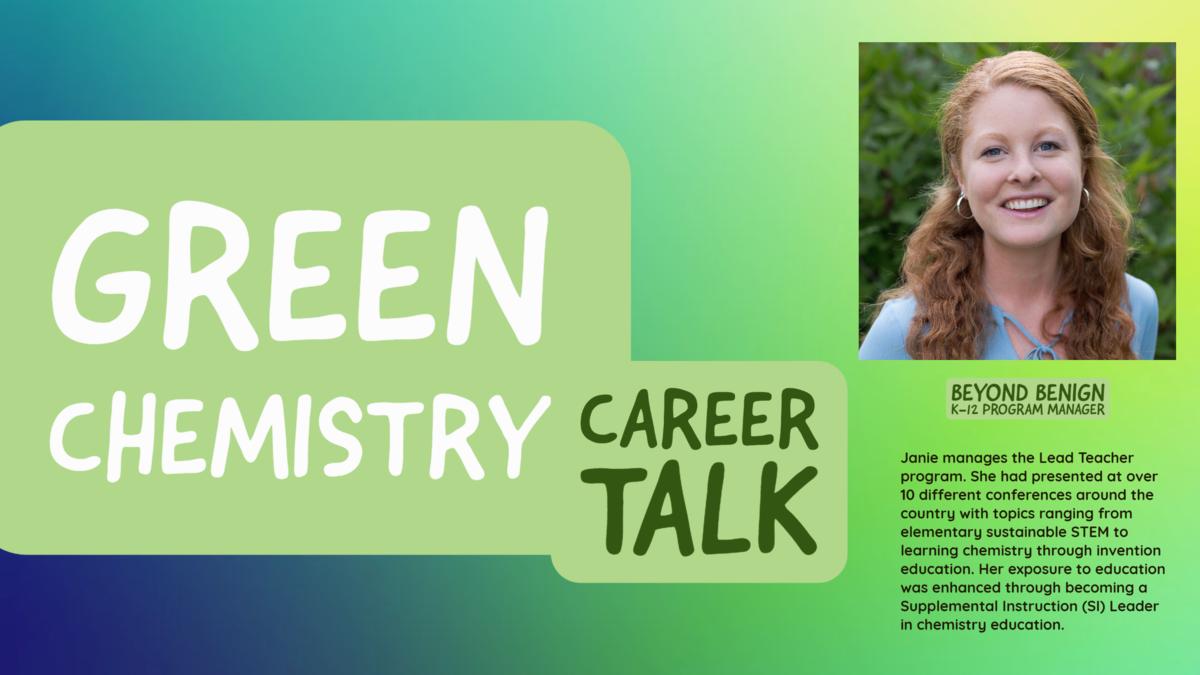
Career Talk with Janie Butler – Green Chemistry
July 16, 2020
Our very own K-12 Program Manager, Janie Butler, spoke with enthusiastic students about how she came to work in the field of green chemistry, and how they can join her […]
Categories: K-12
Reducing chemical waste in-situ: SoluSave
SoluSave is a company that is looking at recycling laboratory solvents with an in-situ, microscale device. They are a start-up based in Toronto, Ontario and they are currently working with an entrepreneurial incubator called the University of Toronto Hatchery. The SoluSave team consists of undergraduate engineering students at the University of Toronto and a recent chemistry graduate.
This idea was formulated by SoluSave’s original co-founder’s Leanna and John in March of 2019. They both noticed that the issue of solvent waste was ever prevalent in undergraduate laboratories where liters of solvent waste were generated in every laboratory course. At the University of Toronto, there is a strong emphasis on the 12 Principles of Green Chemistry in the undergraduate laboratory courses, this is in part due to the department signing onto the Green Chemistry Commitment program in 2016. However, the department has had a long history of fostering a culture of Green Chemistry practice among students, so it’s not surprising they were inspired to reduce their solvent waste as undergraduates. However, as they moved into the graduate research laboratories, they noticed that the extent of solvent waste was still prominent in these settings.
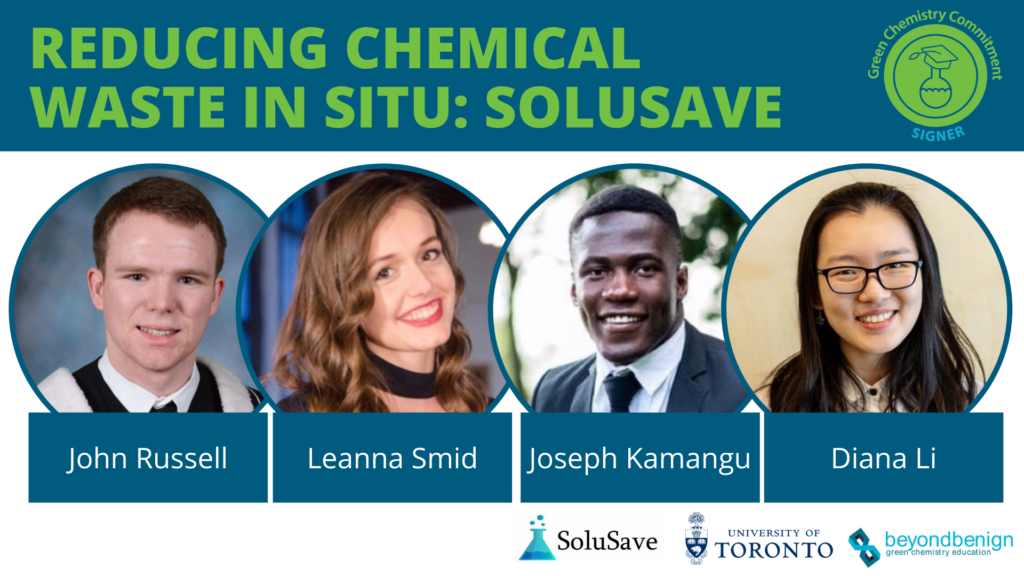
SoluSave was fortunate to be awarded the 2019 University of Toronto Sustainability and Innovation Prize. The team behind the idea is from the University of Toronto. John Russell completed his Bachelor’s degree in Chemistry and will be attending the University of Pennsylvania to earn his Ph.D. in Chemistry. Leanna Smid recently completed her undergraduate degree specializing in biological chemistry. Leanna will be pursuing a Masters of Business and Science at Utrecht University. Joseph Kamangu joined the SoluSave team earlier this year and is pursuing a major in Civil Engineering. Diana Li is studying in the Department of Chemical Engineering and Applied Chemistry and is also minoring in Engineering Business and Environmental Engineering.

Reducing chemical waste in-situ: SoluSave
June 26, 2020
SoluSave is a company that is looking at recycling laboratory solvents with an in-situ, microscale device. They are a start-up based in Toronto, Ontario and they are currently working with […]
Categories: Green Chemistry Education, Higher-Ed
- « Previous Page
- 1
- …
- 10
- 11
- 12
- 13
- 14
- 15
- Next Page »
